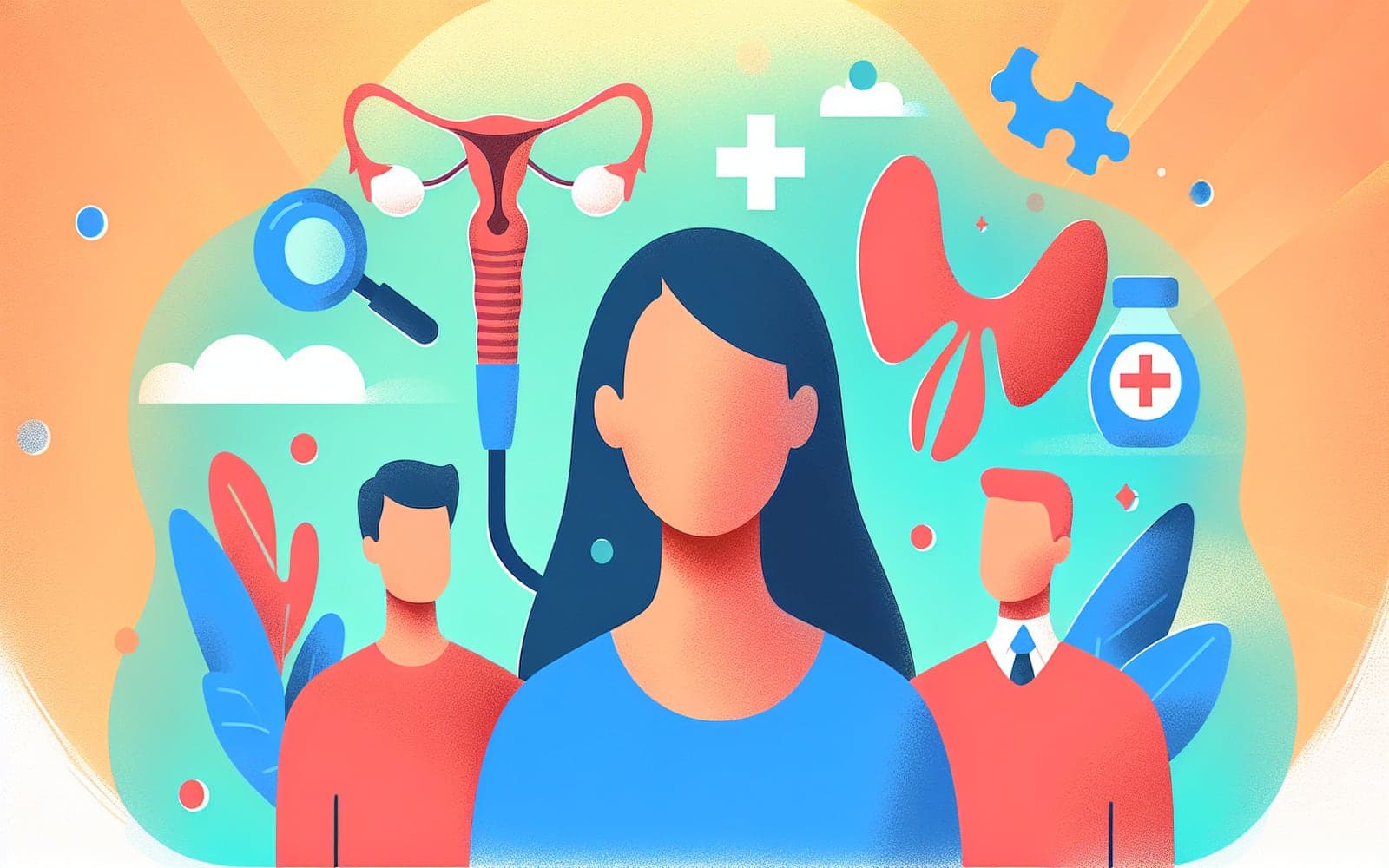Is Your Thyroid in Overdrive? Understanding Hyperthyroidism
Published: Sep 08, 2023

Medically reviewed by Jerome Albert Ecker | MD, Assistant Professor of Medicine, Duke University - Durham, NC on September 8th, 2023.
Hyperthyroidism occurs when your thyroid gland produces too much thyroid hormone. This condition can speed up your body's processes, leading to a range of symptoms that affect your whole body.
Contents
Recognizing the Signs
Hyperthyroidism can manifest in various ways. Common symptoms include unexplained weight loss, increased appetite, rapid heartbeat, anxiety, tremors, and heat sensitivity. You might also experience fatigue, muscle weakness, and changes in your menstrual cycle or bowel habits. It's like your body is constantly in 'high gear', burning energy at an accelerated rate.
Who's at Risk?
While hyperthyroidism can affect anyone, certain factors increase your risk. Women are more likely to develop the condition than men. It often occurs in people between 20 and 40 years old, but can happen at any age. Family history of thyroid disorders and certain autoimmune conditions also increase your risk. Think of it as your genetic lottery ticket - some people are more likely to hit the 'hyperthyroid jackpot'.

Diagnosing the Overdrive
Diagnosing hyperthyroidism involves a combination of physical examination and blood tests. Your doctor will check for an enlarged thyroid gland and other physical signs. Blood tests measure levels of thyroid hormones and thyroid-stimulating hormone (TSH). In some cases, imaging tests like radioiodine uptake scans may be necessary. It's like a detective game, piecing together clues to solve the thyroid mystery.
Frequently Asked Questions
In some cases, yes, but most require treatment.
If left untreated, it can lead to serious complications.
There's no known prevention, but early detection helps.
Diet alone can't cure it, but can support treatment.
Key Takeaways
Understanding hyperthyroidism is the first step towards managing this condition and restoring your body's balance.
Concerned about your thyroid health? Talk to Doctronic, your AI health companion, to learn more about hyperthyroidism and when to seek medical advice.Related Articles
References
Ross DS, et al. 2016 American Thyroid Association Guidelines for Diagnosis and Management of Hyperthyroidism and Other Causes of Thyrotoxicosis. Thyroid. 2016;26(10):1343-1421.
Bahn RS, et al. Hyperthyroidism and other causes of thyrotoxicosis: management guidelines of the American Thyroid Association and American Association of Clinical Endocrinologists. Thyroid. 2011;21(6):593-646.
This article has been reviewed for accuracy by one of the licensed medical doctors working for Doctronic. Always discuss health information with your healthcare provider.

